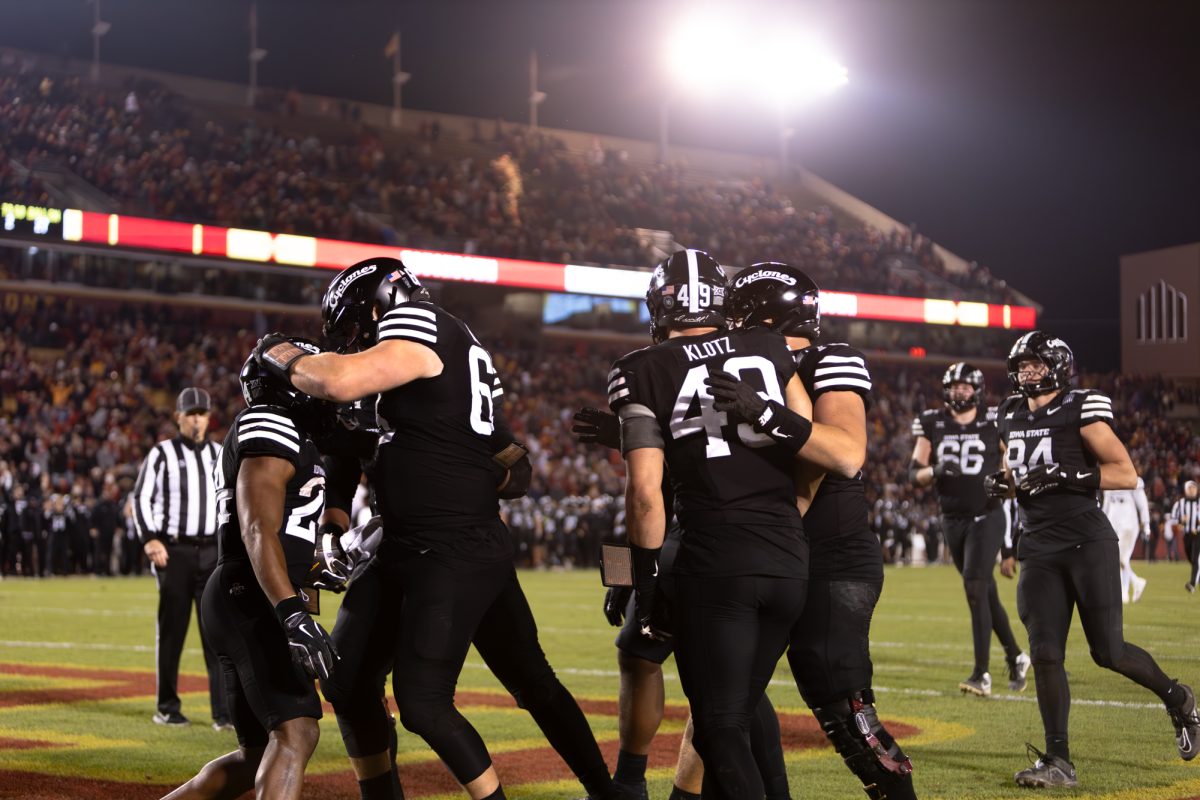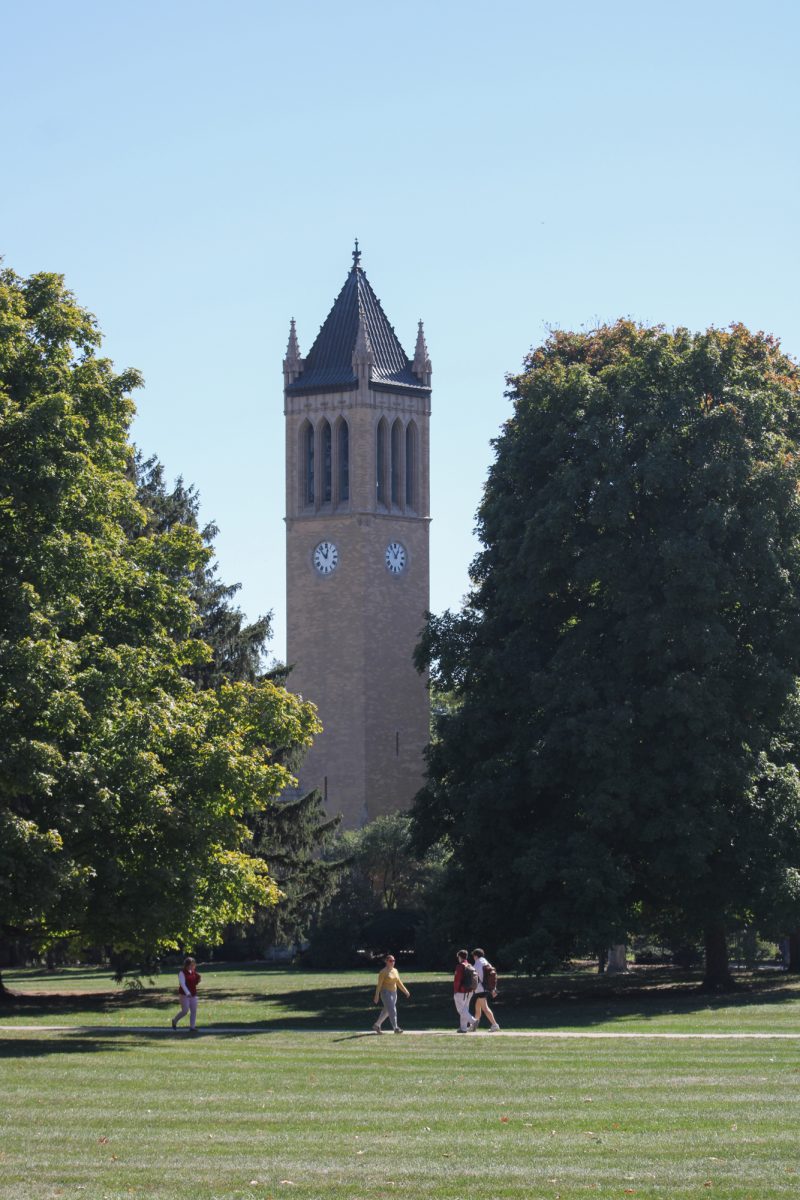Students discuss abortion issues on landmark anniversary
January 24, 2001
A group of ISU students gathered Monday evening at the Margaret Sloss Women’s Center to commemorate the 28th anniversary of the Roe vs. Wade decision. The event was co-sponsored by the Feminist Majority Leadership Alliance and the ISU American Civil Liberties Union.Approximately 20 students, along with one faculty member, watched a documentary called “The Fragile Promise of Choice,” which covered issues surrounding abortion today, such as clinic protests and poor women who seek abortions.After the video, Abby Hansen, president of the FMLA, led a 15-minute discussion on the video and the anniversary of Roe vs. Wade.The group all agreed the video was informative on the issues and barriers surrounding abortion.”I think, in Iowa, a lot of times we don’t really see [the problems],” said Hansen, junior in liberal studies.Sarah Shimek, community outreach chairwoman for the FMLA, said people her age today do not know a world without legal abortions and therefore do not remember any stories from before the 1973 ruling. The video aired some stories from friends of women who died having unsafe abortions when abortions were illegal or difficult to obtain because of protests.Nichole Feuerstein, member of the FMLA, said she recalled discussing the issue of abortion with her friends who told her they are not pro-choice because they would never have an abortion themselves, but they still want them to be legal for other women. “Why are [my friends] ashamed to be pro-choice when [they] just want it to be safe for women to have abortions?” said Feuerstein, freshman in chemical engineering.Even though technology has advanced since the 1970s, Shimek said some people still resort to old abortion methods.”We need to remember that [unsafe abortions] happen to people our age, too,” said Shimek, undecided sophomore.The group then analyzed the Roe vs. Wade decision. Herman Quirmbach, adviser for the ACLU, said the case concept is based on a right to privacy between a woman and her doctor but does not make abortions specifically legal. With this right of privacy, he said, a woman can obtain an abortion.”A specific right of privacy is not specifically stated in the constitution,” said Quirmbach, associate professor of economics. “The constitutional basis of Roe vs. Wade is less tenuous than some other decisions, such as minority rights. The legal basis is less solid than a lot of the other decisions.”The conversation also turned to constitutional conventions and amendments to the constitutions as ways of protecting the Roe vs. Wade decision from being reversed.”It does depend on who’s sitting on the court, which is why the next four years are going to be scary for me,” Quirmbach said.He said if the Roe vs. Wade decision is reversed, abortion decisions would then go to the states.






